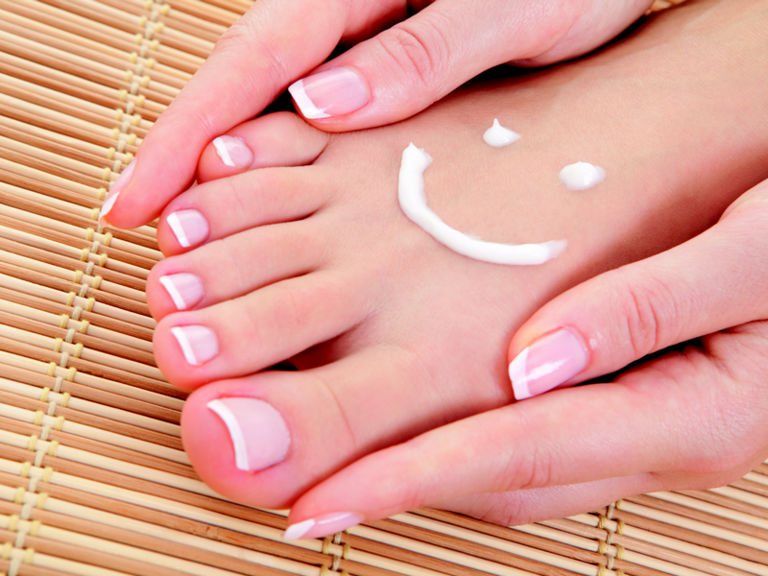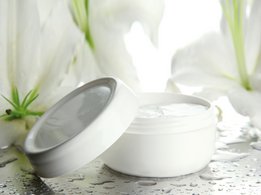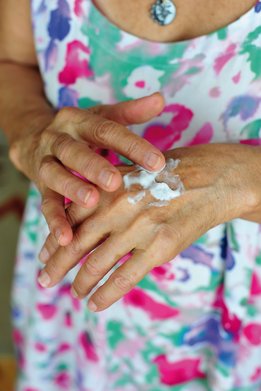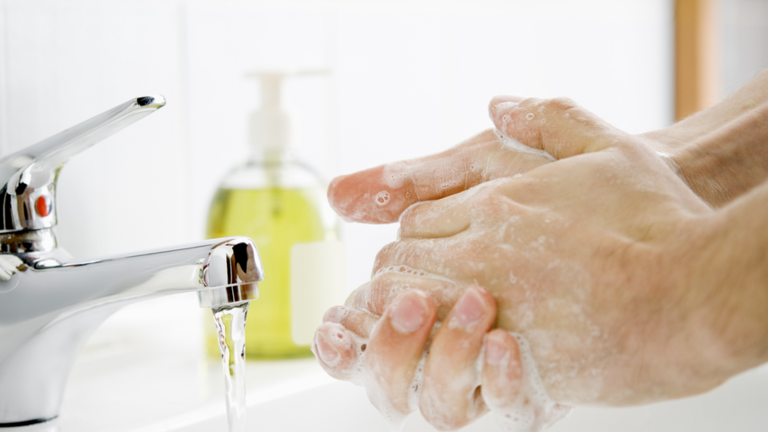Itching (or uraemic pruritus) is a symptom that can be caused as a side effect of your kidney disease or dialysis treatment, although the exact cause of itching in dialysis patients is not always clear. Possible causes may be high levels of the parathyroid hormone (secondary hyperparathyroidism), or high levels of phosphate in the blood (hyperphosphataemia).
Also, calcium released from the bones can deposit in the blood vessels, joints and skin which may lead to itching. Other possible causes are the retention of urochromes and uraemic toxins, iron deficiency and general inflammation. Skin traumas or allergic reactions which lead to histamine secretion are other possible causes.




![[Translate to UK - englisch:] [Translate to UK - englisch:]](/fileadmin/_processed_/b/6/csm_Stir-fried_Chicken_homeTeaser_453c12faa7.jpg)